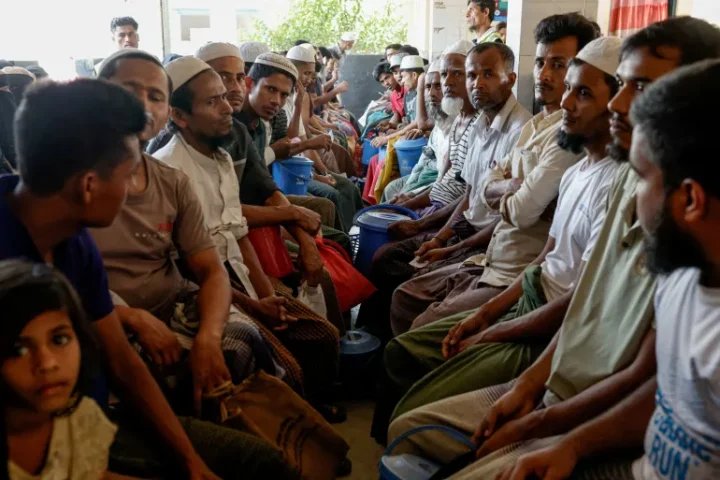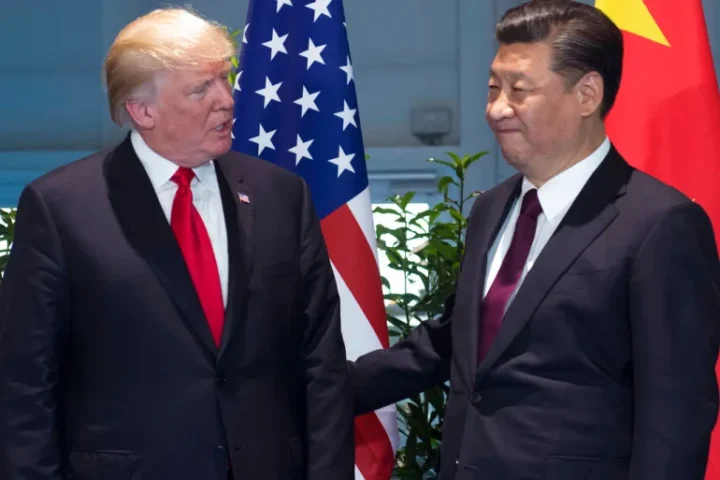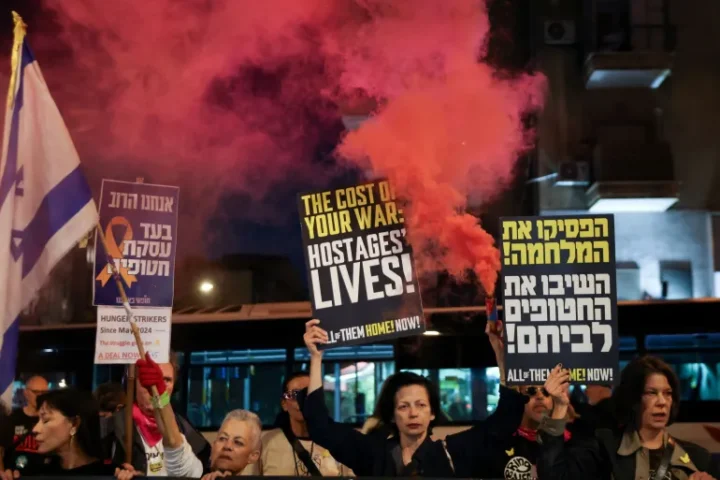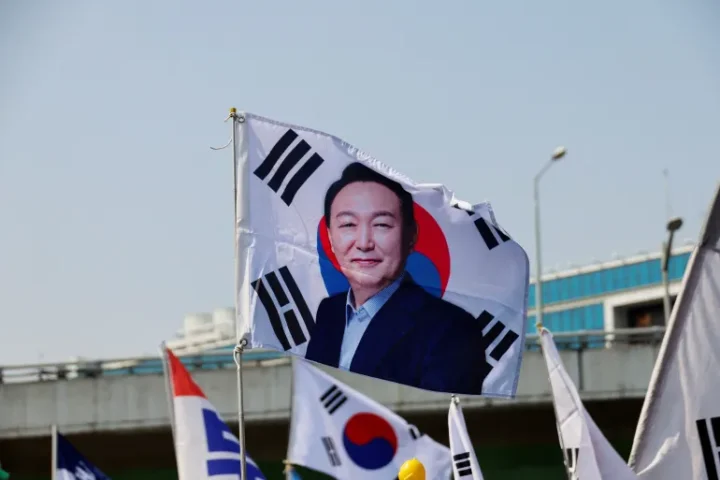Vladimir Putin’s absence from the G20 Summit in Bali also undermines talk of a Russian pivot to the Asia-Pacific region.
Russian President Vladimir Putin has oozed a casual resentment when describing the “irreversible and even tectonic changes” that he says have led the West to become a spent force in the world.
“Western countries are striving to maintain a former world order that is beneficial only to them,” he told attendees at the Eastern Economic Forum in the Russian city of Vladivostok in September.
Those days were numbered, he insisted.
The future was in the “dynamic, promising countries and regions of the world, primarily the Asia Pacific region”, he said. Putin was followed on the podium by Myanmar coup leader Min Aung Hlaing – the symbolism was not lost on close observers of regional politics.
This week Putin was invited to attend the Group of 20 meeting, which opens on Tuesday on the Indonesian island of Bali. It appeared to be the perfect venue for him to double down on his overtures to the Asia Pacific, particularly in Southeast Asia — one of the world’s most economically dynamic regions.
But it was not to be.
Putin skipped his moment in the Balinese sun due to undefined “scheduling” reasons.
With Putin a no-show, Ukrainian President Volodymyr Zelenskyy had a captive audience when he addressed the summit virtually on Tuesday after his invitation to attend by the summit’s host, Indonesian President Joko Widodo.
Putin’s absence from the G20 also undercuts “talk of a Russian pivot to Asia”, wrote Susannah Patton of the Lowy Institute, an Australian think tank.
Now with the Russian army retreating in parts of Ukraine and international sanctions biting deeply into Russia’s economy, some old friends in Southeast Asia appear to be avoiding direct eye contact as Putin looks east. Others are actively looking the other way, and Myanmar seems to be Moscow’s last true friend in the region.

Old comrades, short memories
Russia has no major strategic interests in Southeast Asia, but Soviet-era relations run deep and Moscow has long political and emotional connections to the former nations of Indochina: Vietnam, Cambodia and Laos.
Hanoi, in particular, remembers Russian support during the war against the US-backed regime in South Vietnam in the 1960s and 1970s — a war from which it emerged victorious in 1975.
Vietnam and Laos abstained from UN resolutions condemning Russia’s invasion of Ukraine, the annexation of Ukrainian territory, and voted against suspending Russia from the UN Human Rights Council.
In Monday’s vote on a resolution requiring Russia to pay reparations for the damage caused to Ukraine, Vietnam, Laos and Cambodia were among the 73 members of the assembly that abstained. Among countries in the region, only Singapore and the Philippines backed the resolution.
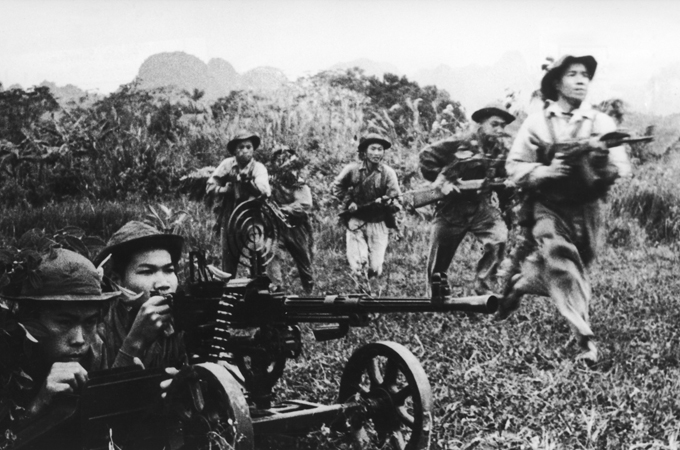
Vietnam’s decision to abstain at the UN is perfectly legal, argued Huynh Tam Sang, a lecturer at Ho Chi Minh City University of Social Sciences and Humanities. But it is also “morally questionable” as Vietnam had failed to defend the “principles of sovereignty and territorial integrity”, he writes. That is no small oversight for a country whose successful liberation struggles against foreign occupiers — China, France, and the United States — is a defining national motif.
“Vietnam’s move is aimed at avoiding criticism and potential retaliation from Moscow,” said Huynh Tam Sang, pointing out the material behind the fraternal: trade links between Hanoi and Moscow amounted to almost $2.5bn in the first eight months of this year, and Russia is a primary investor in Vietnam’s oil and gas sectors.
Russia is also Vietnam’s largest arms supplier.
“It is not in Vietnam’s interests for Russia to be weakened,” Carlyle A Thayer, emeritus professor at the University of New South Wales Canberra, told Al Jazeera in a recent interview.
Historical threads
Vietnam’s support for Russia needs to be understood in terms of Hanoi’s traditionally fraught relationship with neighbouring China. Vietnam fought its own border war with China in 1979 and has often relied on its relations with Moscow as a counterweight to pressure from its historic rival.
Neighbouring Cambodia, however, with its Putin-esque authoritarian leader Hun Sen who has held power for 37 years, has shown surprising insubordination to its former Soviet-era aid donor and political supporter.
The then Soviet Union was one of the earliest countries to help rebuild Cambodia after the Khmer Rouge regime when the government in Phnom Penh — installed by Vietnam — faced near-total Western sanctions. One of Phnom Penh’s most popular markets is still known as the “Russian Market” owing to the large population of Russian diplomats and technical assistants from Soviet states who frequented its stalls during the 1980s.
Just last year, Hun Sen received Russia’s Order of Friendship medal.

But that has not prevented the Cambodian leader from taking a “surprisingly hard-line stand” against Moscow over the war in Ukraine, according to Ian Storey, a senior fellow at the ISEAS – Yusof Ishak Institute in Singapore.
Hun Sen has not just called Russia’s invasion of Ukraine an “act of aggression”, but he has also questioned Russia’s ability to emerge victorious, and expressed a willingness to take in Ukrainian refugees, Storey notes.
Hun Sen’s pro-Ukraine stance appeared to prompt the Russian ambassador to remind him in a tweet that it was Moscow who came to Cambodia’s assistance “in the most difficult period in its history” following the Khmer Rouge.


